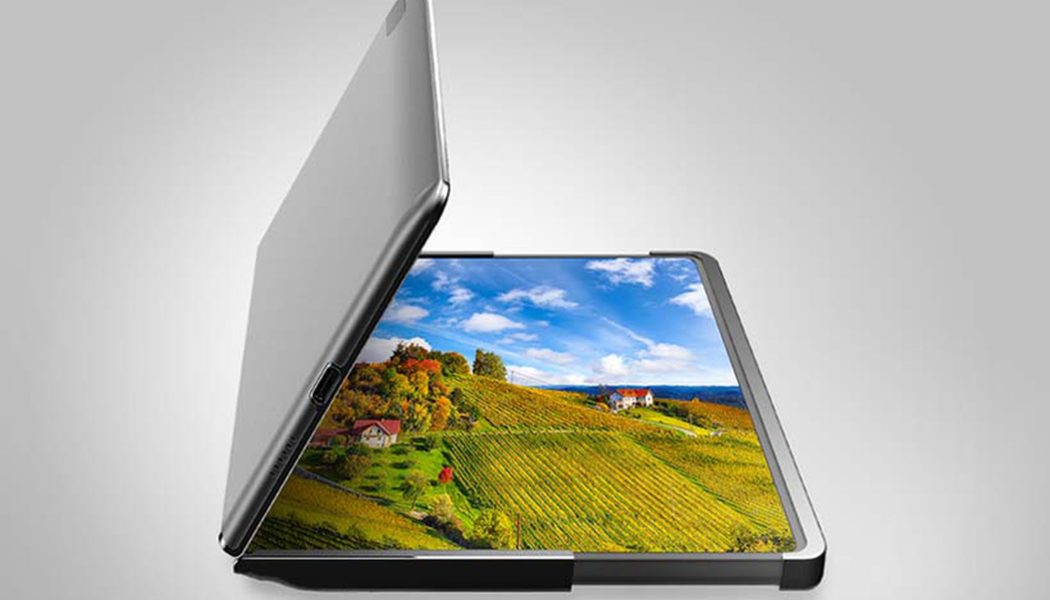In the choice between foldable and slidable, Samsung asks ‘Why not both?’
:format(webp)/cdn.vox-cdn.com/uploads/chorus_asset/file/24332983/_Ap5ZQxWjM_20230103091805.jpg)
Samsung Display’s Flex Hybrid is a new prototype device with a display that’s both foldable and slidable. The left side of the concept “smart mobile device” can be unfolded to reveal the display, while the right side can then slide outwards for even more screen real-estate. It’s being shown off at CES 2023 alongside a new 17-inch slidable display, as well as automotive panels designed for self-driving cars.
Although there’s no detail on specs like resolution or peak brightness, Samsung Display says the Flex Hybrid can expand from a 10.5-inch 4:3 display to a 12.4-inch screen with a 16:10 aspect ratio. It’s not hard to imagine the display eventually being used in a foldable smartphone, allowing the device to be unfolded for a small tablet-style experience and then un-slid when you want to enjoy a film or game on a larger screen.
:format(webp)/cdn.vox-cdn.com/uploads/chorus_asset/file/24332984/rHW4zwAPxY_20230103091805.jpg)
The prototype builds upon concept devices that Samsung Display has been showing off for years (not to mention the foldable phones that Samsung Electronics has actually released to the public). Last year we saw Samsung show off a variety of foldable and slidable concepts at the Display Week expo in May, though none combined foldable and slidable screens in the same device quite like this. It’s also worth noting that Samsung is yet to release any of these more advanced displays in a consumer-ready product, which means it might be a while until we see its Flex Hybrid concept reach the masses (if ever).
:format(webp)/cdn.vox-cdn.com/uploads/chorus_asset/file/24332985/iWLC4HigqV_20230103092341.jpg)
Samsung Display also has a pair of larger 17-inch slidable prototypes that are meant for future laptops. CES will be the first time the concept is being shown off publicly, after debuting during Intel’s Innovation keynote in September. The Flex Slidable Solo can expand in one direction, while the Flex Slidable Duet can expand two-ways, going from between 13 and 14 inches to 17.3 inches total.
Finally, Samsung also has a new series of displays it’s showing off for self-driving cars that combine 34-inch and 15.6-inch panels. Again, there’s no word on if or when these displays may appear in a consumer-ready product, but Samsung Display wants the world’s self-driving car startups to know it has the equipment ready for when their vehicles hit the road.







